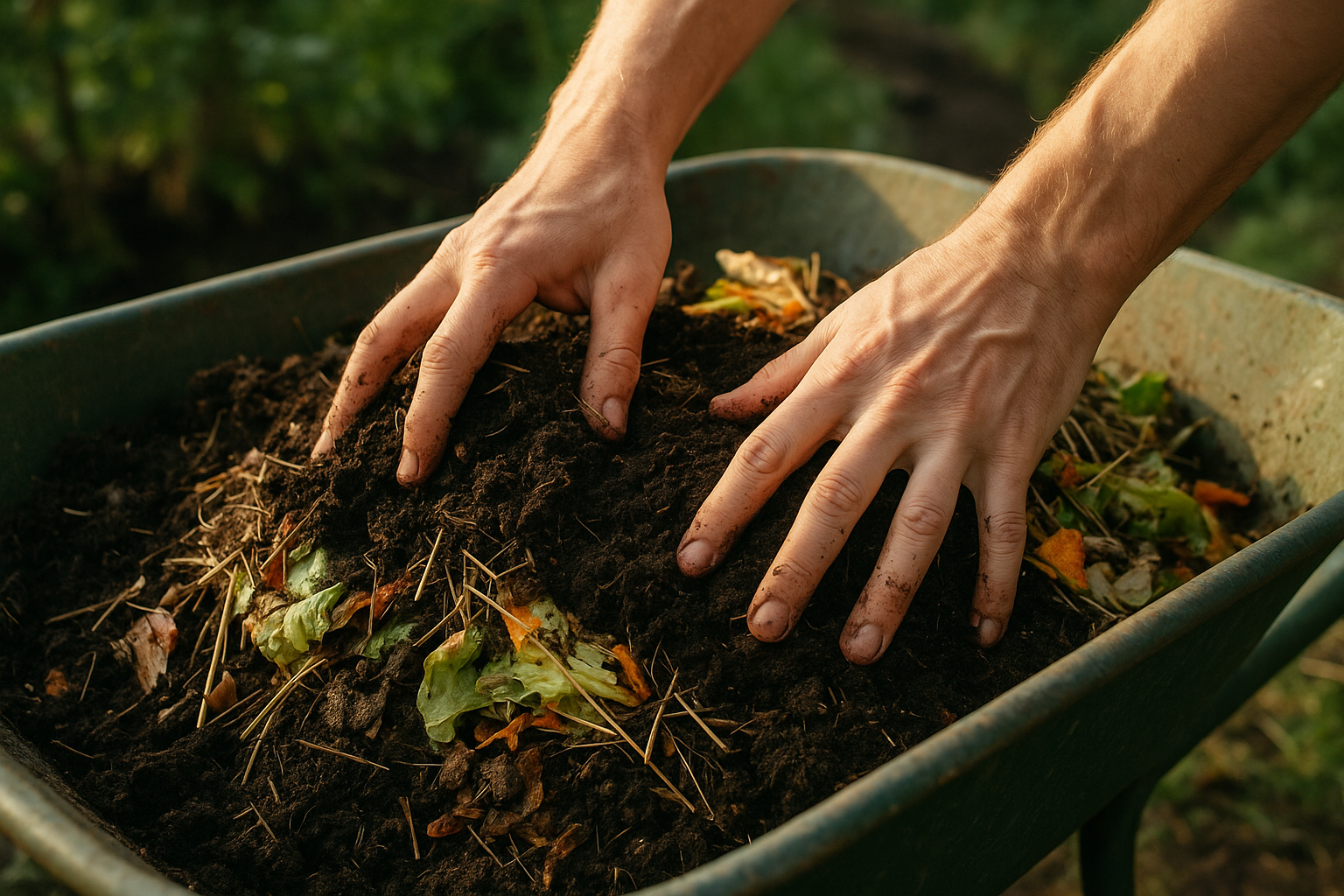Michigan Gardeners Win With This Secret Growing Trick
If you're eager to transform your Michigan garden into a lush, thriving paradise, you'll want to explore these innovative growing techniques that promise to elevate your gardening game—browse options and discover how you can achieve stunning results with ease.

The Secret to Successful Gardening in Michigan
Michigan's unique climate, characterized by its cold winters and warm, humid summers, presents both challenges and opportunities for gardeners. To thrive in this environment, Michigan gardeners have discovered a secret growing trick that leverages the state's natural conditions: the use of raised garden beds with specific soil amendments tailored for local plants. This method not only optimizes plant growth but also maximizes yield, making it an indispensable tool for any serious gardener.
Why Raised Garden Beds?
Raised garden beds offer several advantages that are particularly beneficial in Michigan's diverse climate. First, they improve drainage, which is crucial during the state's wet spring months. By elevating the soil, you prevent waterlogging, which can lead to root rot and other plant diseases. Additionally, raised beds warm up faster in the spring, allowing you to plant earlier and extend your growing season1.
Moreover, raised beds reduce soil compaction and provide better control over soil quality. In Michigan, where soil can vary widely from sandy to clay-heavy, this control allows you to create the perfect growing environment for your plants by adding organic matter, compost, and other amendments that improve soil fertility and structure2.
Optimizing Soil for Michigan Gardens
Michigan gardeners have found success by tailoring their soil mixes to the specific needs of their crops. A typical mix might include a combination of topsoil, compost, peat moss, and vermiculite. This blend ensures the soil retains moisture while providing excellent drainage and aeration, crucial for root health and plant growth3.
Adding organic matter such as compost not only enriches the soil with nutrients but also encourages beneficial microbial activity, which is essential for plant health. Michigan's native plants, such as blueberries and other acid-loving species, benefit particularly from soil amendments that lower pH levels, ensuring they thrive in your garden.
Benefits of Companion Planting
Another secret weapon in the Michigan gardener's arsenal is companion planting. This technique involves strategically planting different species together to enhance growth, deter pests, and improve soil health. For example, planting marigolds alongside vegetables can naturally repel harmful insects, reducing the need for chemical pesticides4.
Companion planting can also improve yields. For instance, growing corn, beans, and squash together—known as the "Three Sisters" method—takes advantage of the complementary growing habits of these plants, leading to healthier crops and higher productivity.
Exploring Further Resources
For those looking to delve deeper into optimizing their Michigan garden, numerous resources are available. Local gardening clubs and extension services offer workshops and expert advice tailored to the state's climate and soil conditions. Online platforms also provide a wealth of information, from soil testing services to specialized gardening tools designed to enhance your gardening experience.
By following these proven strategies and exploring the available options, you can transform your Michigan garden into a flourishing oasis. Whether you're a novice or a seasoned gardener, these techniques will help you achieve bountiful harvests and a garden that's the envy of your neighborhood.